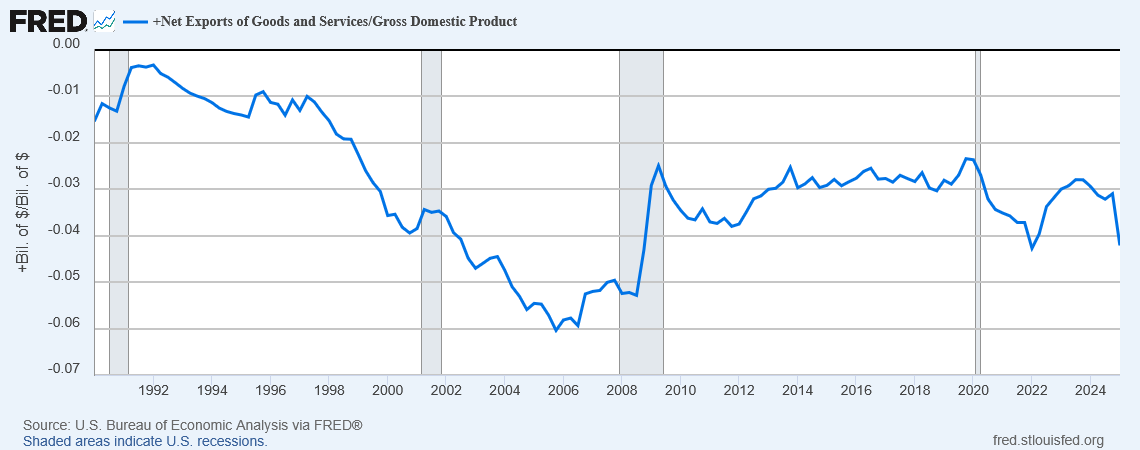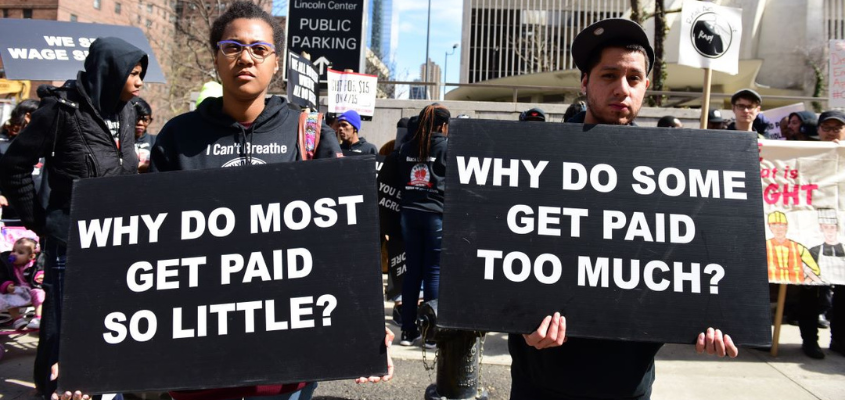Despite holding jobs, a growing number of Americans are being pushed into homelessness by low wages, soaring rents, and systemic neglect—shattering the myth that employment guarantees housing.
For millions, a job is no longer enough to afford housing—yet the myth that homeless people don't work still dominates public opinion.
Originally published in Invisible People .
While homeless and living in a shelter, one of my neighbors was a woman not much older than my Mom. One day, I learned that she was a certified full-time medical assistant. Her husband, disabled, was not able to work. Due to rising rents in New York City, they couldn't afford to pay their rent anymore. That's how they eventually landed a few doors down from me.
At the time, it just seemed so unbelievable that a medical professional wasn't able to afford a place to live. Eventually, I realized that most of us in that shelter, aside from those who were disabled or elderly, were working.
The Myth That Homeless People Don't Work
While it's true that many homeless people do work, it's also true that a lot of people don't believe it. Many instead think homeless people don't work or don't want to work. This is by far one of the most misleading stereotypes about homeless people.
According to a 2021 97-page study from the Becker-Friedman Institute for Economics at the University of Chicago, 53% of homeless shelter residents are employed. Additionally, the study found that at least 40.4% of unsheltered homeless people are employed.
In an interview with the University of Chicago News, poverty scholar Professor Bruce Meyer explained how homeless people are frequently left out of vital poverty statistics:
"People experiencing homelessness are among the most deprived individuals in the United States, yet they are neglected in official poverty statistics and other surveys," he said. "As a result, policymakers and others interested in understanding this have never had complete or reliable information from which to guide decision-making."
Moreover, Brian Goldstone, author of There Is No Place For Us , shared in a recent essay that not only are working homeless people excluded from official homeless counts, but policymakers also ignore them and have been for decades. This means that official homeless counts, which many policy decisions are based on, are completely inaccurate.
"These workers aren't 'falling' into homelessness. They are being pushed," Goldstone said.
Where the Stigma Began
Goldstone leads us back to the Reagan administration to help us understand where and how this all began.
The message that "homeless people just need to get a job" was actually deliberately put into motion decades ago. As homelessness surged in the 80s, the Reagan administration carefully began shaping the public's perception of the homeless crisis.
"Officials downplayed its severity while muddying its root causes. Federal funding for research on homelessness was steered almost exclusively toward studies that emphasized mental illness and addiction, diverting attention from structural forces — gutted funding for low-income housing, a shredded safety net," said Goldstone.
Before long, many Americans believed that drug addiction and an unwillingness to work were the root causes of homelessness. It quickly became about the personal failings of homeless people and not about the true cause – deeply-rooted systemic efforts to defund affordable housing and social services, which ultimately made way for a sudden surge of homelessness in America.
Homelessness Is Being Manufactured, Not Chosen
Even now, decades later, many still believe this lie to be true. That is because government officials and policymakers continue to distort and downplay the severity of the homeless crisis even today. For example, homeless counts are notorious for being inaccurate , as it's extremely difficult to get a reliable count. But it's far beyond that. Official counts don't properly include all forms of homelessness.
"Recent research suggests that the true number of people experiencing homelessness — factoring in those living in cars or motel rooms, or doubled up with others — is at least six times as high as official counts," Goldstone said.
More and more working people are being pushed into homelessness every single day. You're probably wondering, well, how could that be true while government officials claim that employment is at an all-time high and the job market is booming ? Let me tell you, it sure does not feel like it, and that is probably because it is not true. Since 1985, rent prices have exceeded income gains by 325% . Low-income earners are severely cost-burdened.
Gig Work, Low Wages, and No Safety Net
Like many homeless people, I was also employed and working while I was homeless. But here's another thing: even now, years later, I have never had a "normal" full-time job with benefits. Not once. In the times I have tried, it was always me versus several thousand other applicants.
So, yes, there is an abundance of work – freelance work, contract work, side gigs, even main gigs. But that safe and steady full-time job with benefits? Not really. Full-time jobs with benefits that pay a living wage? Those are scarce. Many employers hire and promote from within; when they don't, the competition for these jobs can be outrageous.
In today's America, the norm is working multiple jobs to get by. Maybe one job doesn't offer stable, regular hours, and the other only pays minimum wage. Your Uber driver likely works another job, maybe even two. Your Instacart shopper, too. There are so many people who are working like this, and they don't have sick leave, they don't have insurance benefits, and working hard does not in any way translate to job safety or stability.
Do We Only Deserve Housing if We Work?
Today, work is no longer something we can count on, and safe, affordable housing is also out of reach. Once upon a time, we were taught that anyone could make an honest living by doing honest work. And that was probably (mostly) true a long time ago. Today, we know that is not the case.
Perhaps we shouldn't have taught this in the first place. Do we deserve housing only if we can produce enough labor? What about those who cannot work and who cannot generate capital? Our worth being measured by our labor is a sentiment that is not only ableist but has also led to ableist policy decisions, with SSI payments being capped at $967 a month, which is not enough to live anywhere.
"We have the resources and historical precedents (as well as models in America's peer countries) to ensure that everyone has a home — what we lack is the political will. Homelessness persists not because we don't know how to solve it but because the structures of power in this country benefit from maintaining the status quo," Goldstone told Invisible People.
Housing should not be considered a luxury but a right for all. Housing should not be something to capitalize on that only the privileged few can access and the richest can profit from.
As Goldstone eloquently said in his essay, "When millions of people are one medical bill, one missed paycheck, one rent hike away from losing their homes — who, exactly, is safe?"
The answer is no one. No one is safe.
Jocelyn Figueroa studied Creative Non-Fiction at The New School and is a blogger and freelance writer based out of New York City. Formerly homeless, she launched her own blog discussing shelter life in New York City. Today, Jocelyn is on a mission to build connections through storytelling and creative writing. Check out her book about homelessness at https://ko-fi.com/scartissueproject.

